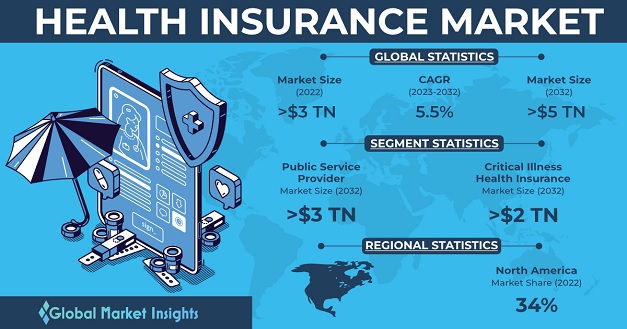
For a hospital startup in 2024, transparency in price formation for services and cooperation with health insurance companies are the two topics to focus on in a hospital feasibility study.
The healthcare industry is a stable, almost no-risk investment, as not many factors can impact demand for medical services. Lack of transparency in the price formation and the medical bill lowers trustworthiness of the industry. Luckily, many employers offer health insurance policies for their employees, which lowers the toll of the medical bill for the patient. Health insurance increases doctor visits for cases which are not acute or for treatments that are not urgent. A business consultant should examine trends in health insurance when carrying out a feasibility study for a healthcare startup.
About the reviewer
Alex Silensky, co-owner of a leading business consulting firm, OGS Capital, has many years of expertise in consulting entrepreneurs and evaluating their business proposals.
Transparency in medical bills
A topic that is often overlooked is the coverage of health insurance. As a startup in the medical industry, a strategy should be developed for partnerships with health insurance companies and the amounts covered for patient medical bills. Many medical institutions have hidden costs which are added to the medical bill at patient check out. To increase a startups’ viability on the market, a healthcare feasibility study should examine cost formation, especially the use of hidden medical costs by the competitors.

Health insurance statistics
Statistics show that the majority of people delay seeing a healthcare specialist or avoid going to the doctors for a checkup for the simple reason of not being able to pay for the hospital bills. This is relevant for those patients, who don’t have healthcare insurance.
Even for those with health insurance, a visit to the doctor may come as an unpleasant surprise when issued with a medical bill that is not covered by the patient’s insurance company. This is common in cases of emergency when the patient isn’t able to confirm insurance coverage. Health insurance companies offer different packages with varying amounts of healthcare coverage and amounts covered by the insurance. Some insurance policies only cover costs that occur at partner hospitals.
Conclusion
There are a number of ways a startup in healthcare can improve competitiveness in the healthcare industry, simply by building trust with existing and potential patients. Some examples include:
- Transparency in medical bills, price breakdown, availability of information about price formation prior to billing;
- Cooperation with the leading insurance companies, to offer the customer a range of services with different cost coverage by their health insurance.
- Partnerships with insurance companies to fascinate payments.
Working out a fair, see-through approach to billing that’s understandable for the target audience, a business’s patients, is a guarantee to increase a hospitals’ competitiveness. It is one of the topics to be analyzed in a feasibility study for a hospital startup.

